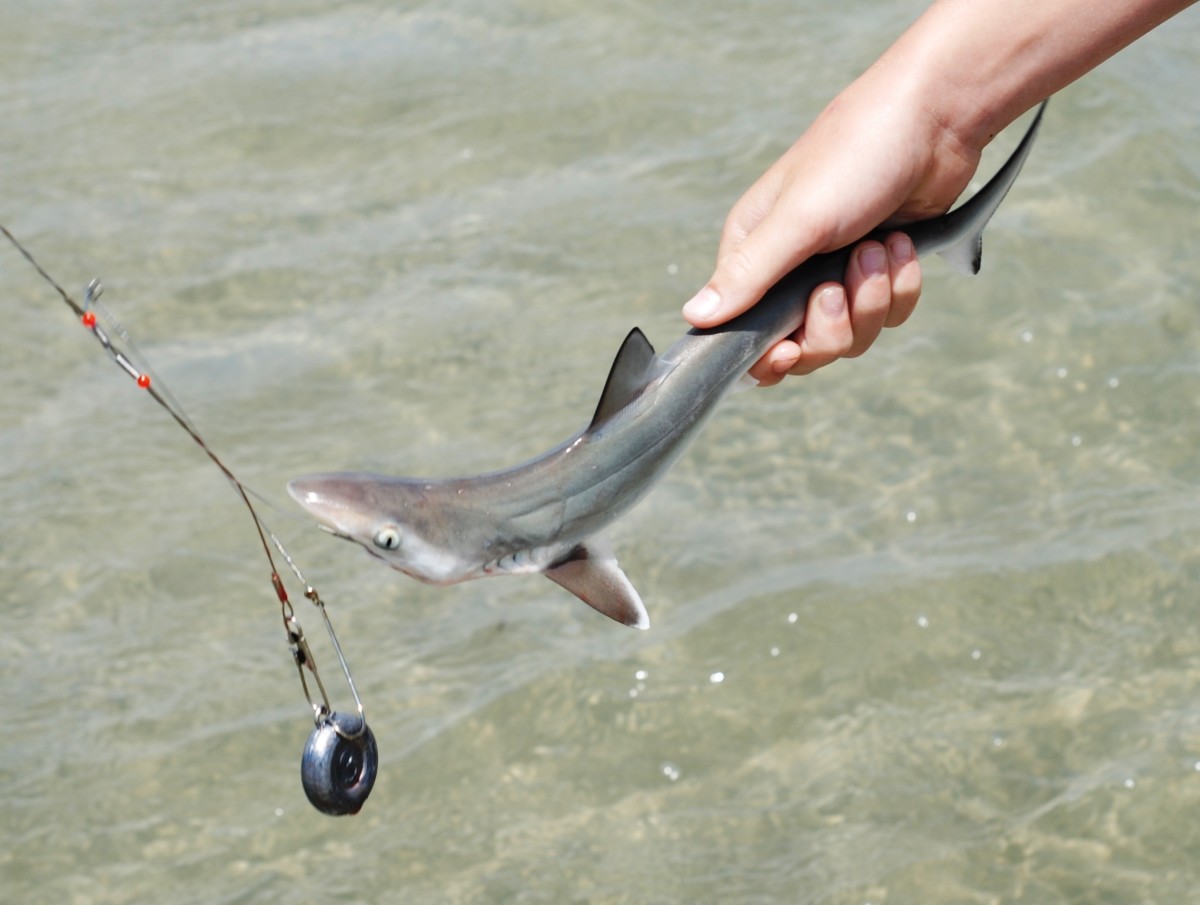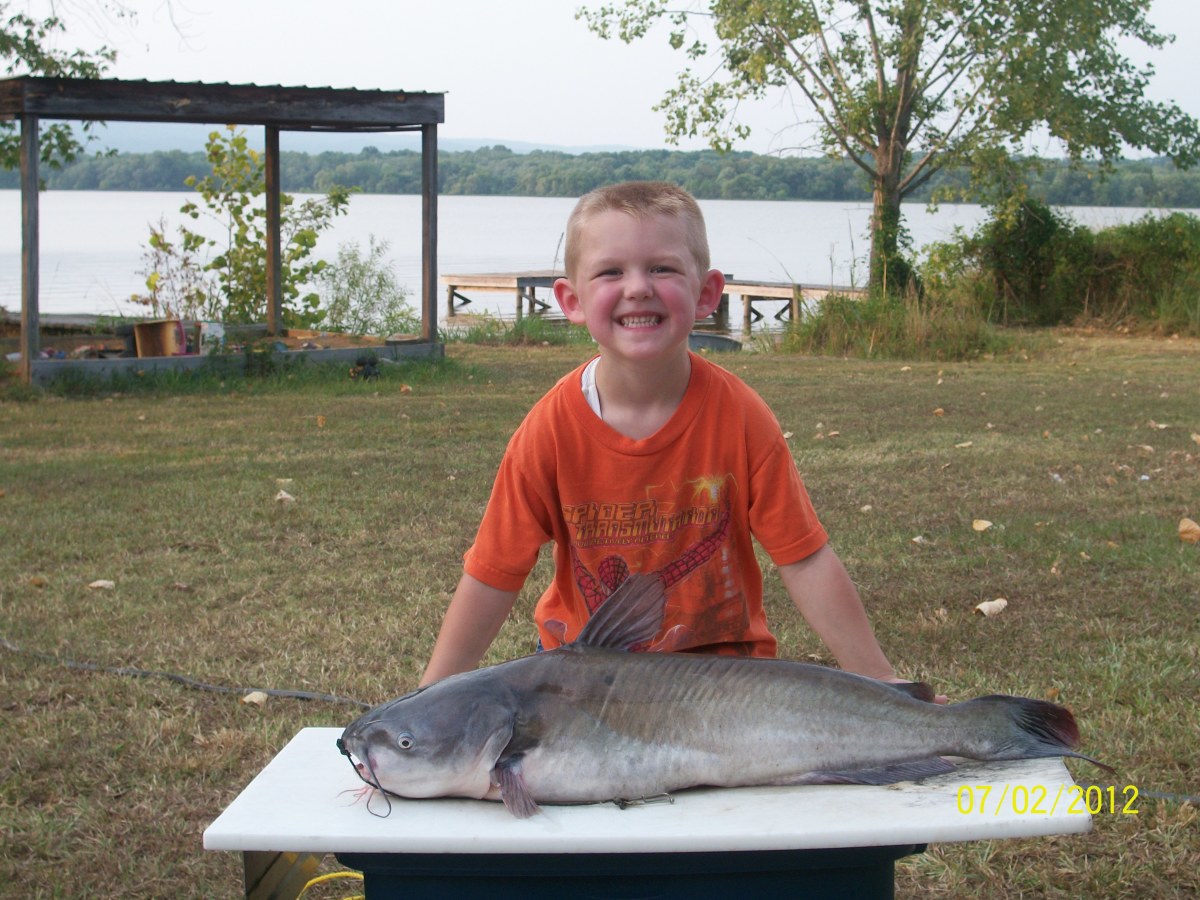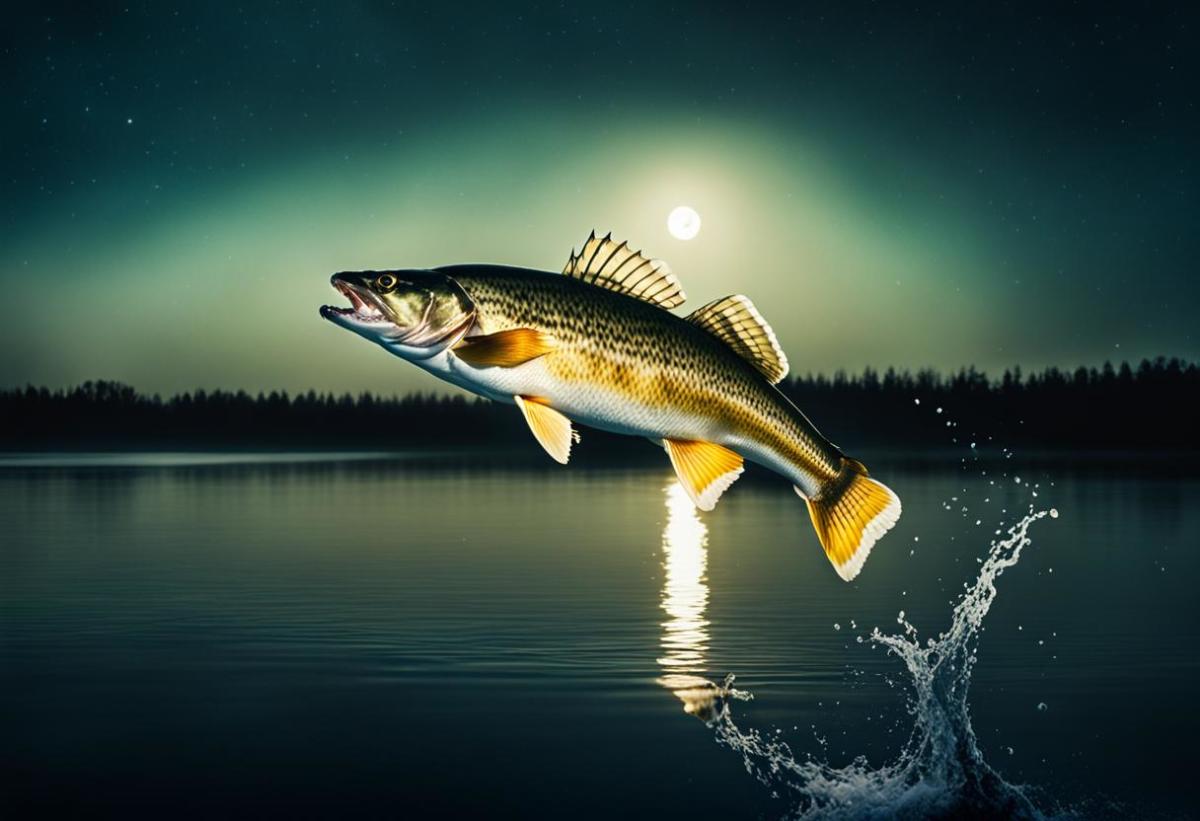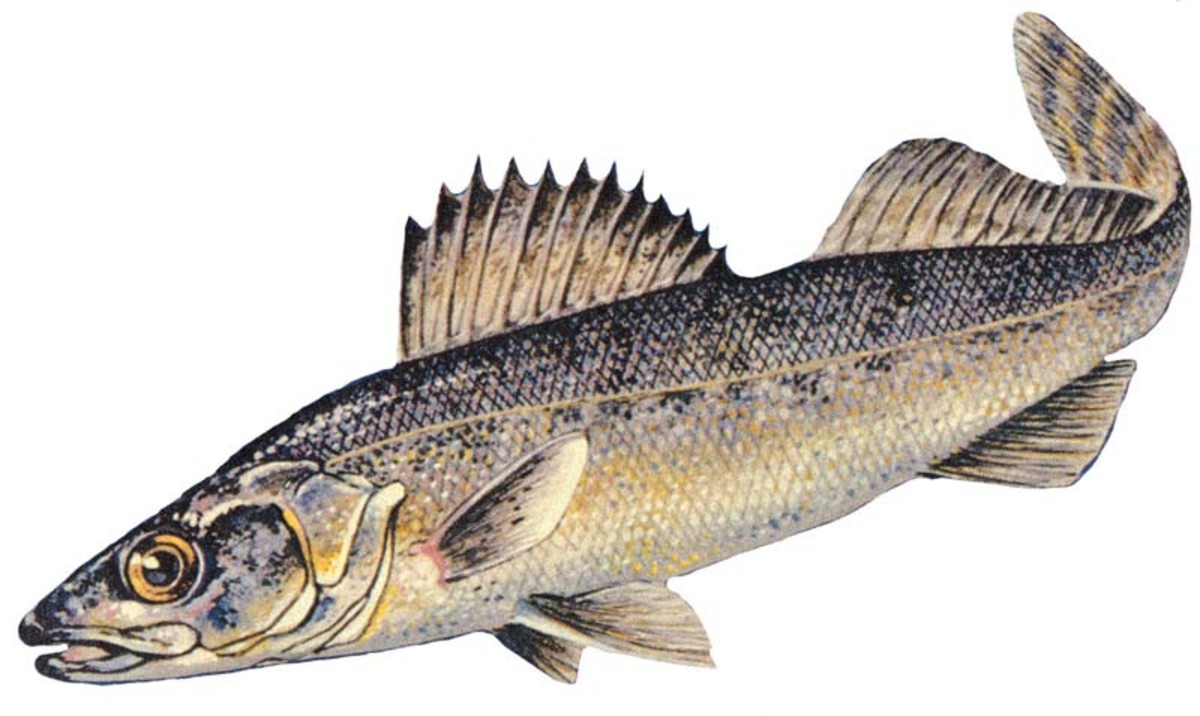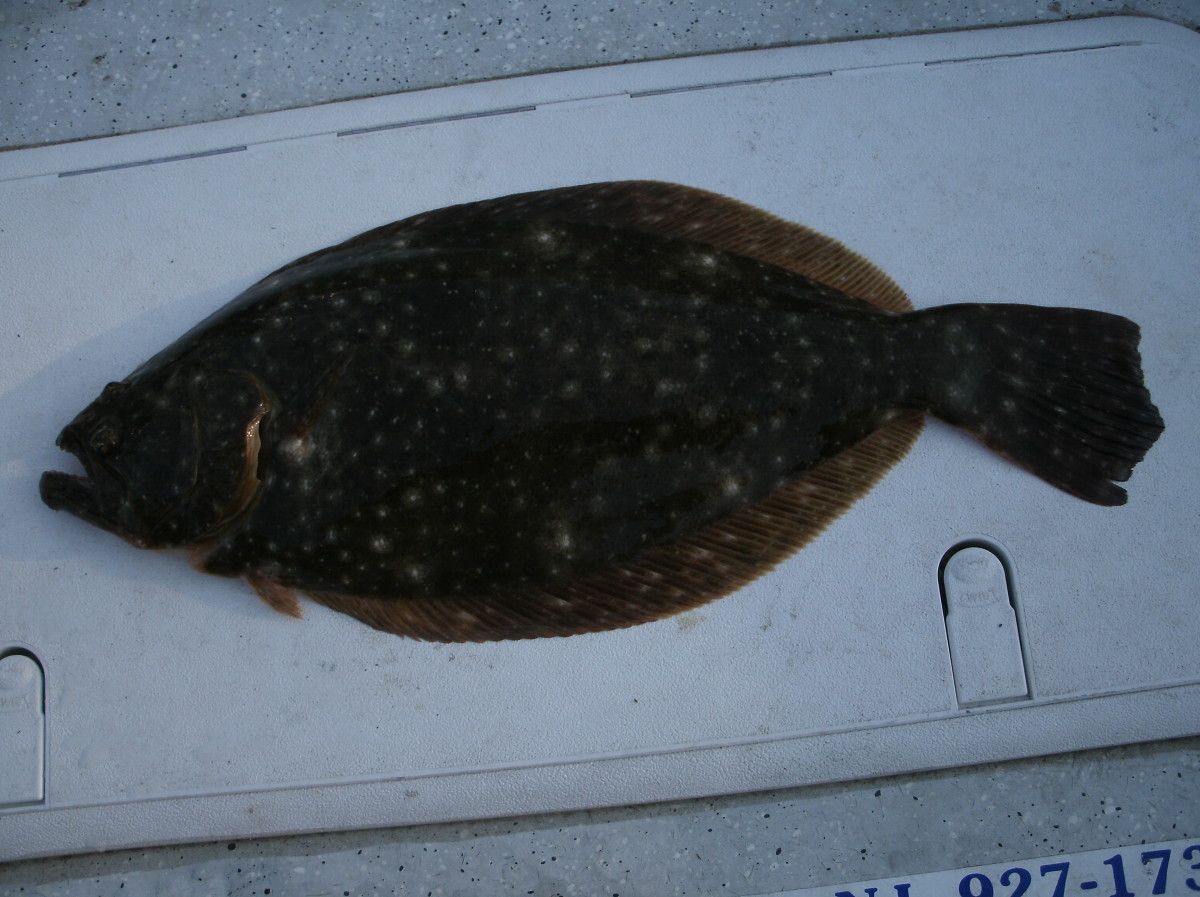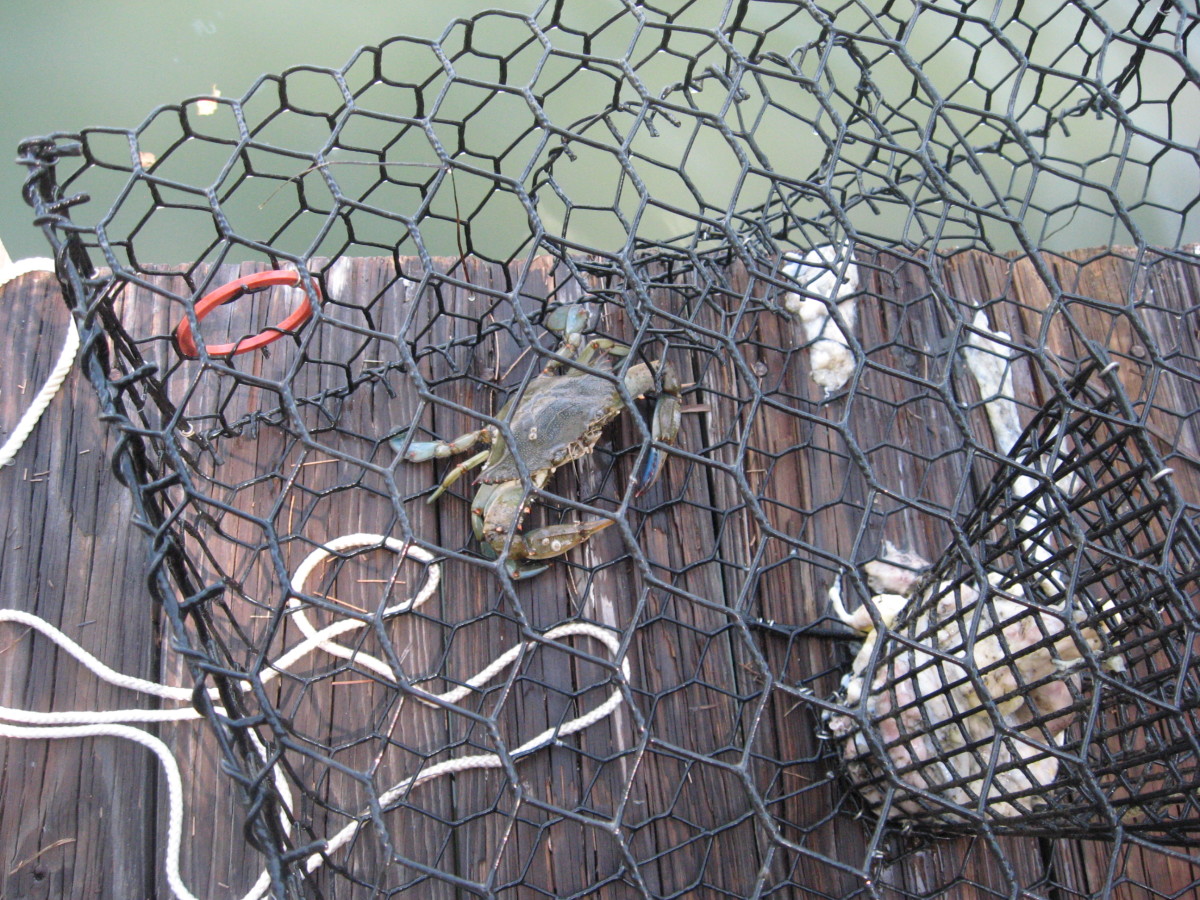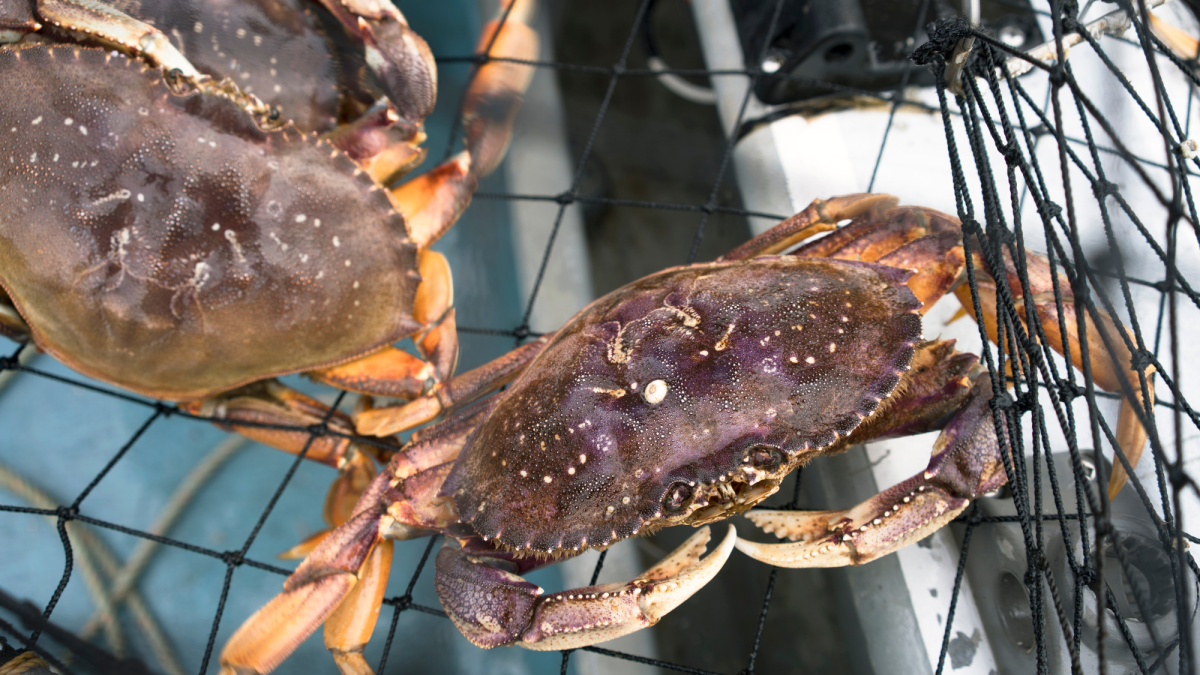Catch And Release Fishing
When you talk about fishing you might picture an angler seated on a chair in front of a pounding surf at sunset, or a kid casting a line at a small farm pond, or maybe even a boat trolling through the water with the line from multiple poles disappearing into the water. There are many different ways and places to catch fish and there are many opinions on what to do with the fish once you catch them. I frequently look at forums dedicated to fishing to find new spots, get tips and to generally see the fish caught by other anglers. It is amazing to see the heated debates between anglers about whether fish that are caught should be release, or if they can be kept for dinner. Oh, and as a quick note before I get too much further, I am only talking about keeping fish that are legal in both size and number. I am in no way advocating taking fish that are not legal to keep or to keep more than you are allowed to keep.
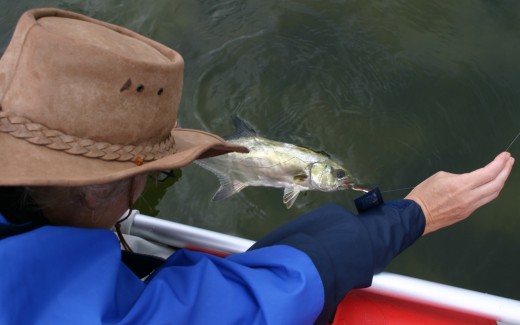
Catch and Release Fishing
What is your view on catch and release fishing?
Why You Should Keep Your Fish
I learned to fish in the mountain lakes and reservoirs of Colorado. The main fish that we would catch is Rainbow Trout, which is stocked by the Colorado Division of Wildlife through out the state. One of my main mentors for fishing was my grandfather. His view of fishing was you fished until you caught your limit, then you take your fish home and eat them for dinner, anything left over got put in the freezer for another time.
A lot of this mentality probably came from the time period when he grew up. He often fed his family by both fishing and hunting. The more wild game that could be cooked up, meant more money saved. Wild game is often very healthy, though you do have to be careful with consuming too much fish of certain types and from certain bodies of water.
The local wildlife agency that manages the body of water that you are fishing at is responsible for setting limits on the number of fish that can be kept. Generally these wildlife agencies know that not everyone will keep their limit and many people will not be able to catch a full limit when they fish. The limits are set to an amount that the wildlife agency believes is a sustainable amount. They balance stocking and natural reproduction with natural mortality rates and fishing harvest. In the end, hopefully these numbers are fairly well balanced and there are plenty of fished left in a body of water, but not so many that the habitat can't sustain them all.
Why You Should Release Your Fish
Now, the other side of the argument is that fish should be released for another day. Many large fish, such as Lake Trout (Mackinaw) can take decades to reach a size that may be considered "trophy sized." While it might be tempting to keep a large fish like this, it would also greatly benefit the next angler to release the fish so that he or even you may catch the fish another time.
A common complaint of the catch and release crowd is of "over fishing." This is the perception that the average angler will catch his limit every time he goes fishing, which will in turn cause lakes and streams to be depleted of all fish and ruin fishing for future generations. While this might seem to be a very negative view, there are many lakes, especially smaller ponds around major cities that see so much fishing activity that you can often not expect to catch anything, unless the lake was just stocked.
A common perception is that anglers that use power bait are just trying to catch their limit, while fly fishers are more concerned about conservation and will release their fish. While it is not black and white, there does seem to be some truth to that generalization. I recently read a post on one of my favorite fly fishing blogs, which is run by the owner of a fly fishing shop. He posted suggestions about how to get treated with respect in a fly shop. Some of his suggestions including never asking about power bait or worms, not to ask for recipes for fish and many other questions that are routinely asked at fishing stores. He directed the people that have those questions to find a bait shop.
While the post was really written as a slightly comical take on how many people perceive fly shops, it did certainly have give some credence to that perception. The bottom line is most advocates for catch and release believe that it is the only way to guarantee fishing opportunities for generations to come. It also helps for the fish population to grow in size, one particular fish may be caught twenty times during its life and each time it is a little bigger.
Where Do You Stand?
In the end you have to decide where you stand. Will you keep your limit of fish and be done for the day, or does every fish go back into the water? Even though I grew up keeping almost every fish, except for the smallest, I am moving more into the middle as I get older. I still keep some fish to eat and I may even keep my limit some times if I am sure that they will all get eaten. But at the same time, I often throw fish back. Sometimes they are smaller than I would want to keep. Other times the fish may be biting a lot and I will throw them back so that I can keep catching more. Either way, each person has to decide what they want out of the fishing. Please chime in and let me know what you think, should you keep your limit, or throw them back? Let me know in the comment section below.

